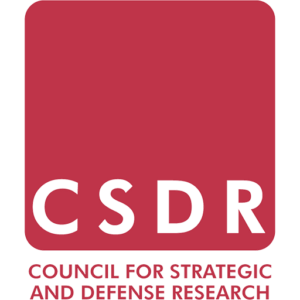This CSDR report examines three decades of India-Taiwan relations, arguing that despite significant growth from USD 5 billion to over USD 10 billion in bilateral trade, the partnership remains vastly underutilized. While traditional cooperation in semiconductors, trade, and education has flourished—exemplified by the Tata-PSMC chip fabrication partnership and 3,000 Indian students in Taiwan—the report identifies transformative potential in emerging areas.
Key untapped sectors include urban planning, where Taiwan’s successful and widespread adoption of public-private partnership (PPP) models could address India’s urbanization challenge of accommodating 600 million city dwellers by 2030; disaster management, leveraging Taiwan’s world-class earthquake and typhoon response systems; and advanced technologies beyond semiconductors, including IoT, AI, quantum computing, and space technology.
The report attributes underperformance to India’s cautious China policy, regulatory hurdles deterring Taiwanese investment, and stalled FTA negotiations. The report recommends fast-tracking trade agreements, establishing single-window facilitation mechanisms, and pursuing “whole-of-society” cooperation across depoliticized sectors. The central thesis of the report is that functional partnerships in multiple domains can gradually overcome diplomatic constraints, positioning this relationship as crucial for Indo-Pacific stability and prosperity.
